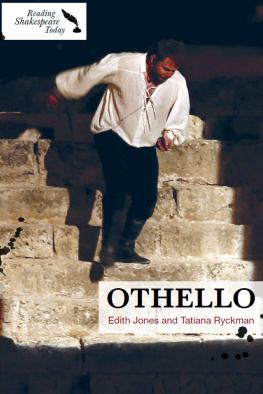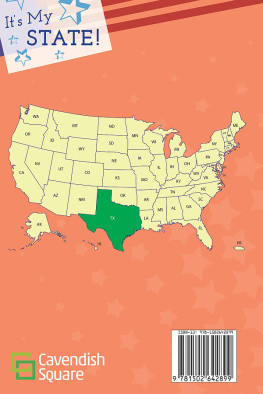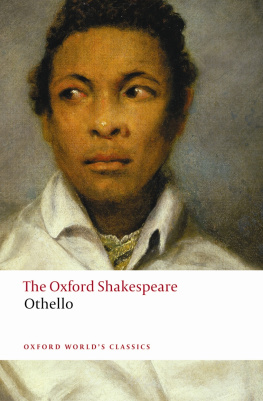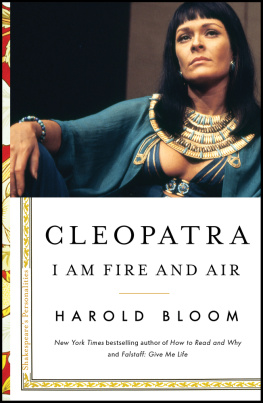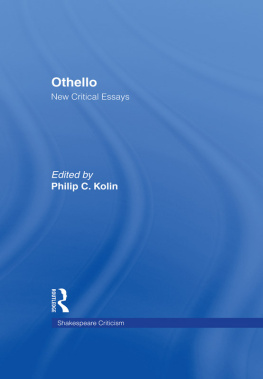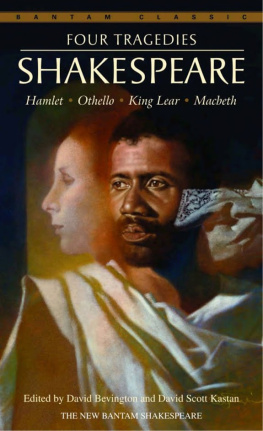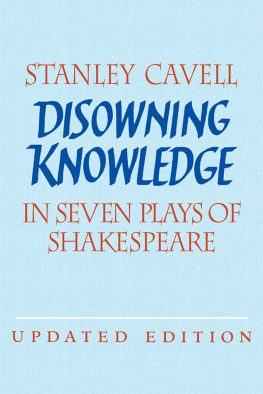Published in 2017 by Cavendish Square Publishing, LLC 243 5th Avenue, Suite 136, New York, NY 10016
Copyright 2017 by Cavendish Square Publishing, LLC
First Edition
No part of this publication may be reproduced, stored in a retrieval system, or transmitted in any form or by any meanselectronic, mechanical, photocopying, recording, or otherwisewithout the prior permission of the copyright owner. Request for permission should be addressed to Permissions, Cavendish Square Publishing, 243 5th Avenue, Suite 136, New York, NY 10016. Tel (877) 980-4450; fax (877) 980-4454.
Website: cavendishsq.com
This publication represents the opinions and views of the author based on his or her personal experience, knowledge, and research. The information in this book serves as a general guide only. The author and publisher have used their best efforts in preparing this book and disclaim liability rising directly or indirectly from the use and application of this book.
CPSIA Compliance Information: Batch #CW17CSQ
All websites were available and accurate when this book was sent to press.
Library of Congress Ca-taloging-in-Publication Data
Names: Jones, Edith, author. Ryckman, Tatiana, author.
Title: Othello / Edith Jones and Tatiana Ryckman.
Description: New York : Cavendish Square, 2017. |
Series: Reading Shakespeare today | Includes index.
Identifiers: ISBN 9781502623331 (library bound) | ISBN 9781502623348 (ebook)
Subjects: LCSH: Shakespeare, William, 1564-1616. Othello--Juvenile literature.
Classification: LCC PR2829.J66 2017 | DDC 822.33--dc23
Editorial Director: David McNamara
Editor: Caitlyn Miller
Copy Editor: Rebecca Rohan
Associate Art Director: Amy Greenan
Designer: Lindsey Auten
Production Coordinator: Karol Szymczuk
Photo Research: J8 Media
The photographs in this book are used by permission and through the courtesy of: Shutterstock.com, front, back cover and background throughout the book; p. 6 kenny1/ Shutterstock.com ; p. 9 theatrepix/Alamy Stock Photo; p. 13 Collection Christophel/Alamy Stock Photo; p. 16 Work Projects Administration Poster Collection/Library of Congress/File: W.P.A. Federal Theatre Presents Faustus by Christopher Marlowe LCCN00650238.tif/Wikimedia Commons (Public Domain); p. 28 Leemage/ Universal Images Group/Getty Images; p.30 Ann Ronan Pictures/Print Collector/Hulton Archive/Getty Images; p. 34 Francois Bouchot/Getty Images; pp. 37, 50 AF archive/Alamy Stock Photo; p. 39 Sothebys ( http://www.sothebys.com/en/auctions/ecatalogue/2008/old-master-and-19th-century-european-art-n08406/lot.254.html ) image ( http://www.sothebys.com/content/dam/stb/lots/N08/N08406/N08406-254-lr-1.jpg )/File: John William Waterhouse - Touchstone, The Jester.jpg/Wikimedia Commons/(Public Domain); pp. 41, 43 Geraint Lewis/Alamy Stock Photo; p. 48 De Agostini Picture Library/Getty Images; p. 52 Sammyday (2010-10-23)/File: Thodore Chassriau - Le coucher de Desdmone (1849).jpg/Wikimedia Commons/ (Public Domain); p. 54 Private Collection/ Look and Learn/Bridgeman Images; p. 56 Folger Shakespeare Library Digital Image Collection http://luna.folger.edu/luna/servlet/s/g3owdb/William Salter , 1857/File: Othellos Lamentation.jpg/Wikimedia Commons/(CCA/SA 4.0 International); p. 59 Attributed to James Northcote (1746-1831)/Christies ( http://www.christies.com/lotfinder/lot_details.aspx?intObjectID=5537632 )/File: Ira Aldridge (1807-1867), in the character of Othello, Attributed to James Northcote (1746-1831).jpg/Wikimedia Commons (Public Domain); p. 61 MIRAMAX/BASHA, BOB/Album/Newscom; p. 64 Bridgeman Images; p. 66 Apic/Hulton Archive/Getty Images; p. 69 Afro Newspaper/Gado/Archive Photos/Getty Images; p. 81 Print Collector/Getty Images; p. 83 Dorling Kindersley/Getty Images; p. 87 Land of Lost Content/Heritage Images/Hulton Archive/Getty Images; p. 91 Bettina Strenske/Photoshot/Newscom.
Printed in the United States of America
Introduction
SHAKESPEARE AND HIS WORLD
E ven without reading one of William Shakespeares plays or sonnets, most people are able to quote his famous lines. How can one mans writing be so significant that his name is still synonymous with great literature four hundred years after his death?
Though much of his life is shrouded in mystery, most historians believe Shakespeare was born in England in 1564 to a large family. While in good public standing, his family was constantly struggling to stay out of debt, and many wonder how someone with such an unstable background could become the most revered writer of all time.
From the few records historians have found, it appears Shakespeare began gaining recognition for his playwriting in 1592. His plays started to appear in print in individual, or quarto, editions in 1594, but none of these bore his name until 1598. Although his tragedies are now ranked as his supreme achievements, his name was first associated with comedies and with plays about English history. Known affectionately as the Bard, Shakespeare became famous for his skill writing humor and human suffering in equal measure.
In his lifetime, plays were produced for commoners as well as royalty, capturing the imagination of the rich and poor alike. This wide appeal meant that Shakespeare was versed in lofty literary references familiar to the educated as well as the trials and joys of the peasants that filled the Globe, his famous London theater.
Because Shakespearean English doesnt sound like modern English, its easy to imagine he was a stuffy old playwright, but nothing could be farther from the truth. Shakespeares work is riddled with brazen critiques of cultural norms and irreverent comedy. Shakespeares own history is something of a mystery, and many historians have speculated on the mischief he may have been involved in. These historical rumors are the premise for modern films, such as 1998s Oscar-winning movie Shakespeare in Love.
It is the Bards accessibility that has allowed him to stand the test of time. His 38 plays and 154 sonnets have been studied and reinterpreted for centuries, and every generation reads their own experience in his texts. Shakespeares most famous plays include Romeo and Juliet, A Midsummer Nights Dream, Hamlet, and Othello, which are considered among the most influential works ever written.
These plays have been performed all over the world and re-created in countless other mediums, including film, television, comics, rap music, and cartoons. Some of the most famous film stars in modern times got their start in theater, performing Shakespeares famous plays. Modern adaptations of Shakespeares work include the 1996 film Romeo and Juliet, starring Leonardo DiCaprio, and the famous Broadway musical West Side Story, which is based on the tragic premise of the same play. Julia Stiles starred in a film adaptation of Othello, as well as the movie Ten Things I Hate About You, which was based on the tragicomedy, The Taming of the Shrew.
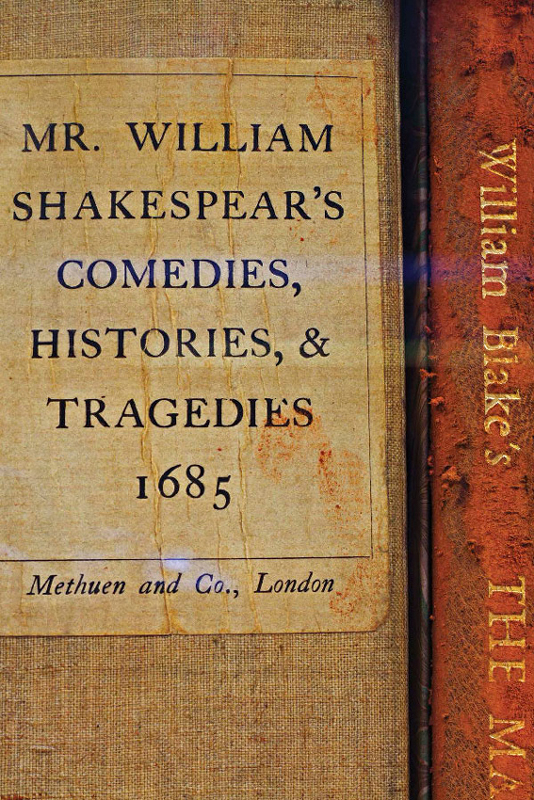
William Shakespeare's Comedies, Histories, & Tragedies was first released in 1623 and republished many times, such as this 1685 edition.
Many of todays great artists, writers, and musicians still find Shakespeares work inspiring. Ben Jonson, Englands poet laureate in Shakespeares time, regarded the Bard as the equal of the great classical Greek tragedians Aeschylus, Sophocles, and Euripides, accurately predicting that He was not of an age, but for all time.

